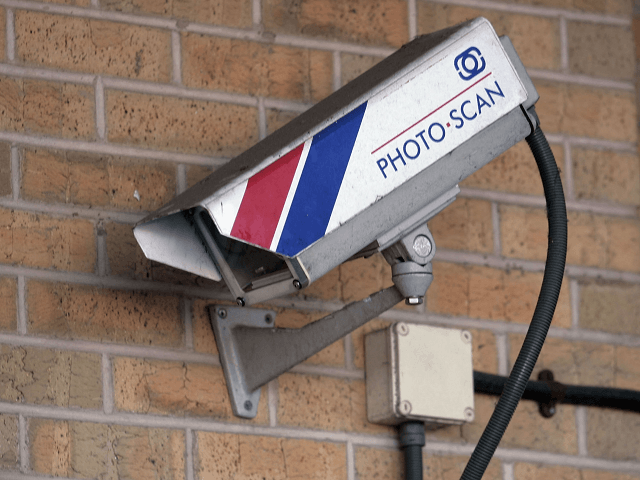Local councils have used wide-ranging counter-terror powers to spy on individuals for issues as mundane as dogs barking and feeding pigeons, racking up tens of thousands of taxpayer-funded surveillance days.
Freedom of Information requests made to Britain’s councils by the Liberal Democrats, and reported by the Guardian newspaper, found that two thirds of the councils that responded had used the powers granted to them under the Regulations of Investigatory Powers Act 2000 (RIPA).
The law gives councils the ability to spy on residents if the request is signed off by a judge. The research found they had engaged in over 55,000 days of such surveillance over the past five years, using hidden microphones, cameras, and private detectives.
The newspaper reports the comments of Lord Paddick who has been involved in the research. He said: “It is absurd that local authorities are using measures primarily intended for combating terrorism for issues as trivial as a dog barking or the sale of theatre tickets. Spying on the public should be a last resort not an everyday tool”.
Speaking of the government’s new spying act passed this year, while the Liberal Democrat peer said it should cut down on frivolous spying by local authorities he added it could also spread them to a more diverse group of government bodies. He remarked: “As with any legislation, there is a significant risk that authorities will use powers in a way that parliament never intended”.
The research found Lincoln council had been the worst offender for using investigatory powers, clocking up 4,000 of the 55,000 known days used by British councils in the past five years.
Remarkable instances of councils using these powers include Midlothian council spending two weeks investigating dog barking, Lancaster using spying powers to catch dogs fouling the pavement, and Allerdale introducing surveillance to catch an individual feeding pigeons.
Despite the concerns, a spokesman for Bromley council in London said rather than RIPA being abused, the RIPA powers didn’t actually go far enough for the level of surveillance he’d want to keep on ratepayers.
Calling the law a “minor infringement of the perpetrators’ so-called civil liberties”, Councillor Colin Smith said: “Council officers deal with complaints day in and day out about thoroughly disgusting socially inadequate individuals fly-tipping waste and preying on the weaker, more vulnerable members of our society, normally the elderly, and this technology is key to bringing their worst excesses to heel.
“I’m frankly far more concerned about the rights and civil liberties of the victims and wider council tax paying public who are currently having to pick up the tab, than the small minority criminal element who continue to treat the rest of us with open contempt”.

COMMENTS
Please let us know if you're having issues with commenting.